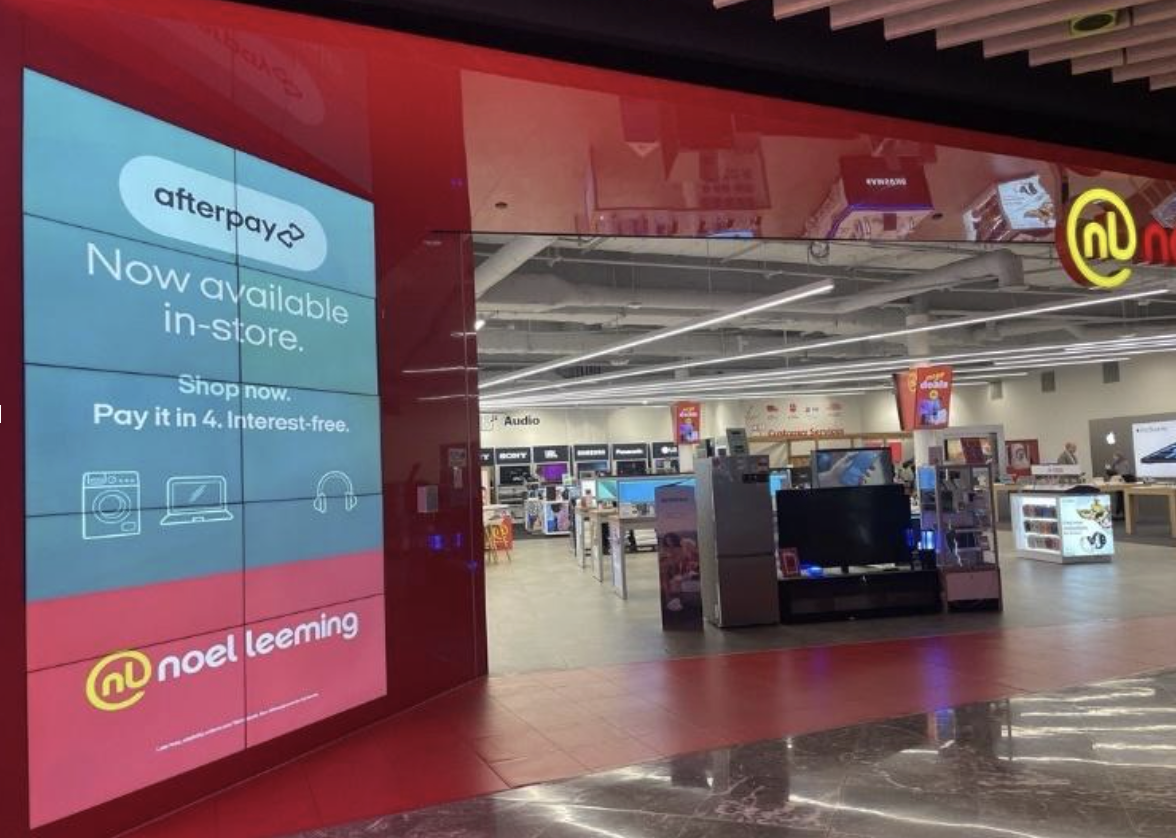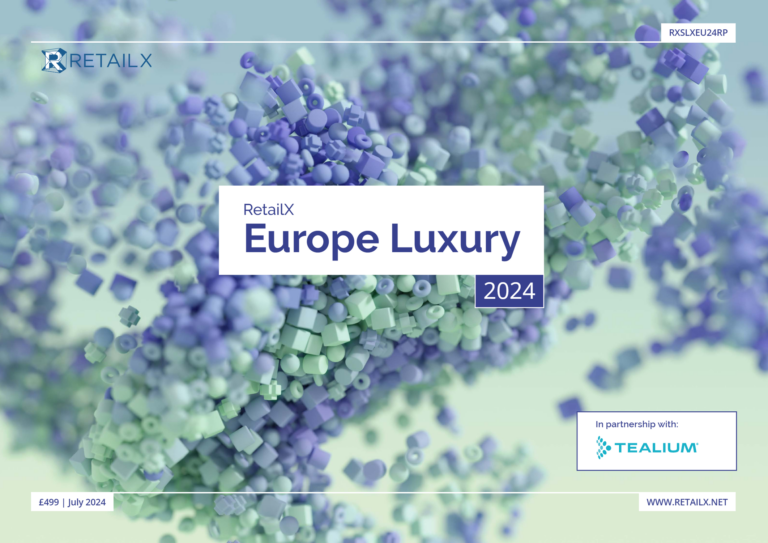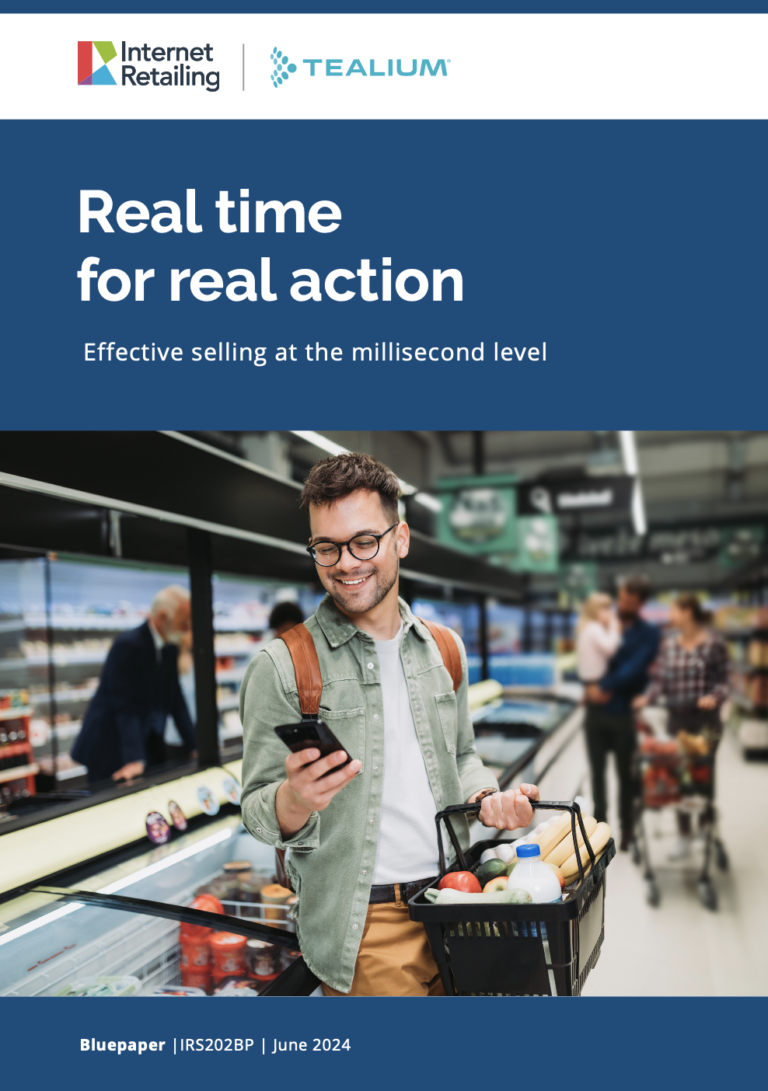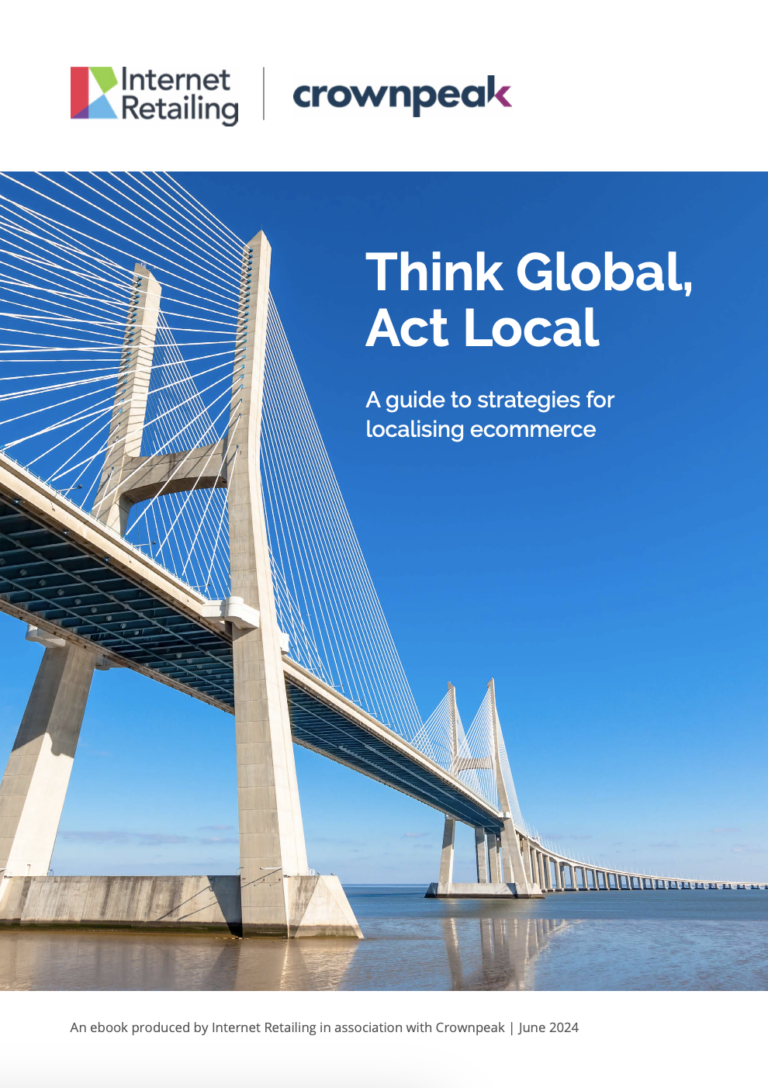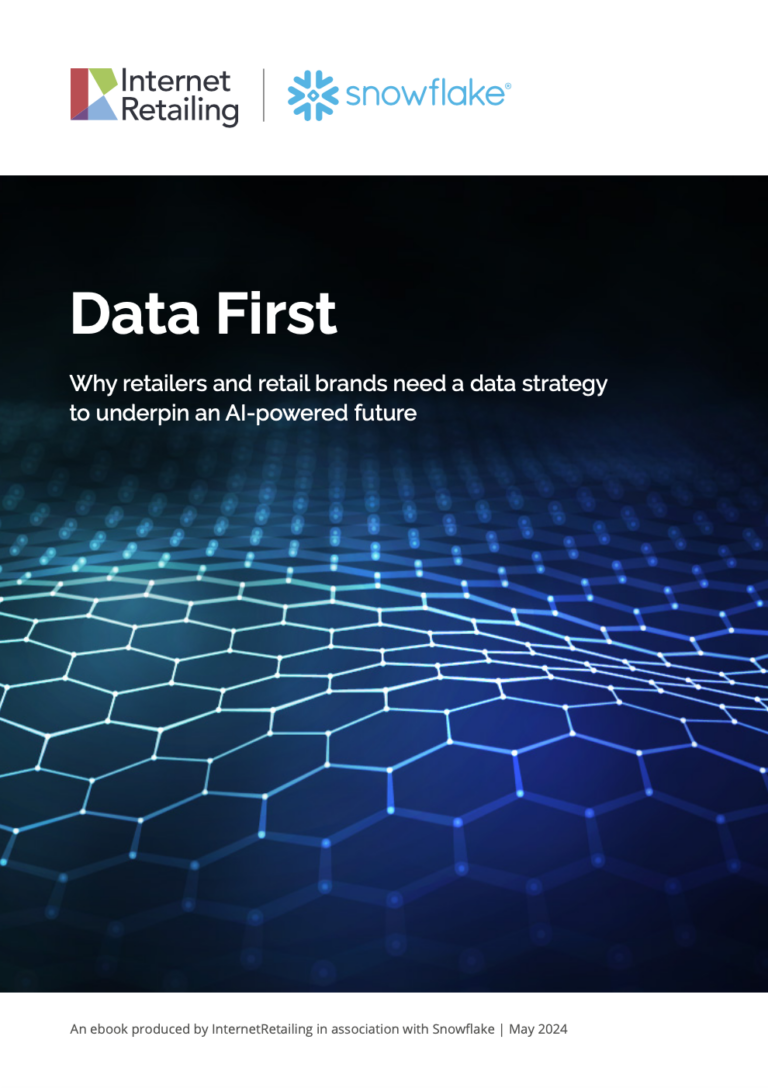The prospect of selling in the metaverse – that 3D network of virtual worlds focussed on social interaction, like Tron but with shops – has seen a record £150m invested in UK virtual reality companies in 2021 as ‘gaming commerce’ takes off in 2022.
According to a study by Arden Partners, private investment in VR companies grew 72% compared to 2020, with £72m raised in the last quarter of 2021 alone.
And much of the investment is targeted at trying to steal a march on the likes of Facebook, Apple and Google, who have all made plain their desire to dominate the nascent virtual world.
As Alex DeGroote, reseach director at Arden says: “We have seen a wave of companies in this space turning to the public equity markets and expect this to continue. Significant technological developments in virtual reality and the metaverse are laying the foundations for the advent of new disruptors challenging the likes of Facebook, Apple and Google that are putting a lot of energy and investment into taking advantage of the potential returns from the virtual reality space.”
While the gaming industry is seen as the most obvious beneficiary, there are many retailers also interested in exploring and exploiting the metaverse. A recent report by Morgan Stanley reported on Forbes predicts that the metaverse could be a $50bn opportunity for the luxury fashion industry alone over the next decade.
Already Balenciage has created virtual outfits that are on sale in Epic Games Fortnite game, while Gucci launched its Gucci Garden on Roblox. Ralph Lauren has also sold gender neutral clothes in the same game.
In fact, these tie ups have created a whole new sub-genre of online retail: gaming commerce. This, finds Wunderman Thompson Commerce in a survey of 2000 UK consumers, is going to be where a third of people look for the brands and goods they want to buy.
Earlier this week BoohooMan launched its first digital clothing for the metaverse, selling exclusive t-shirts, tracksuits, hoodies and outer wear that are that are backed by Blockchain-run non-fungible tokens (NFTs).
Shoppers not so aware – yet
However, while businesses are getting excited about the metaverse, new data from marketing automation platform Klaviyo reveals that the majority of UK consumers have no idea what the metaverse is. The national representative study, conducted in January this year, of over 1000 people in the UK also revealed that there’s little desire to shop in the metaverse with 96% of 25-54 year olds saying they’d give it a miss.
What is more, these figures aren’t largely dissimilar amongst younger adults; the research found that 93% of 18-24 year olds wouldn’t shop in the metaverse while 46% aren’t aware of the metaverse at all.
Ed Hallen, co-founder and Chief Product Officer of Klaviyo explains: “It’s clear the ‘metaverse’ is going to be this year’s buzzword and we’ll all enjoy seeing the flashy marketing campaigns take shape, but our data shows that it’s still a way off from being part of the mainstream,” said Ed Hallen, co-founder and Chief Product Officer of Klaviyo.”
Hallen continues: “While some brands might quickly try to lay out their metaverse stall, smart business leaders will be biding their time, listening to their customers and not jumping in head first. As we say, ‘always put the customer first.’ If they’re asking you for improvements, focus your attention there; the avatar can wait for now.”



